| | 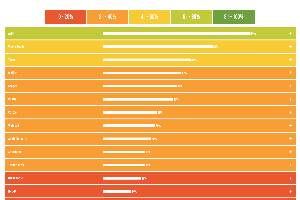 | In May, we released our third Climate-Friendly Supermarkets Scorecard assessing the biggest U.S. supermarket chains on their actions to reduce emissions of climate super pollutant hydrofluorocarbons. Of the sixteen companies evaluated, only three received passing scores. This year, ALDI committed to using natural refrigerants in all new and existing stores by 2035, the first U.S. company in the sector to set this target. | | | 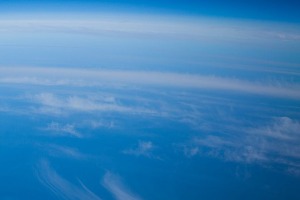 | A new paper published in the Journal of Integrative Environmental Sciences by EIA US and UK explores major opportunities under the Montreal Protocol to reduce ozone and climate super-pollutants. In this paper, EIA advocates for strengthened controls on fluorochemical emissions, including better monitoring, reporting, and recovery of old equipment, to further reduce climate-damaging hydrofluorocarbons and nitrous oxide emissions. | | | | | | | | 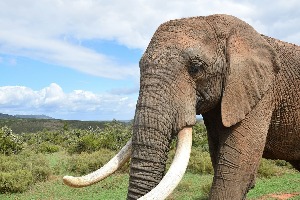 | EIA and 22 other organizations sent an appeal to Japan’s Minister of the Environment, Shintaro Ito, to lead Japan in closing the domestic elephant ivory market, the world’s largest remaining legal ivory market. As Japan’s Law for the Conservation of Endangered Species of Wild Fauna and Flora (LCES) undergoes a formal review between 2024 and 2026, the Government of Japan has an opportunity to make meaningful regulatory changes. | | | 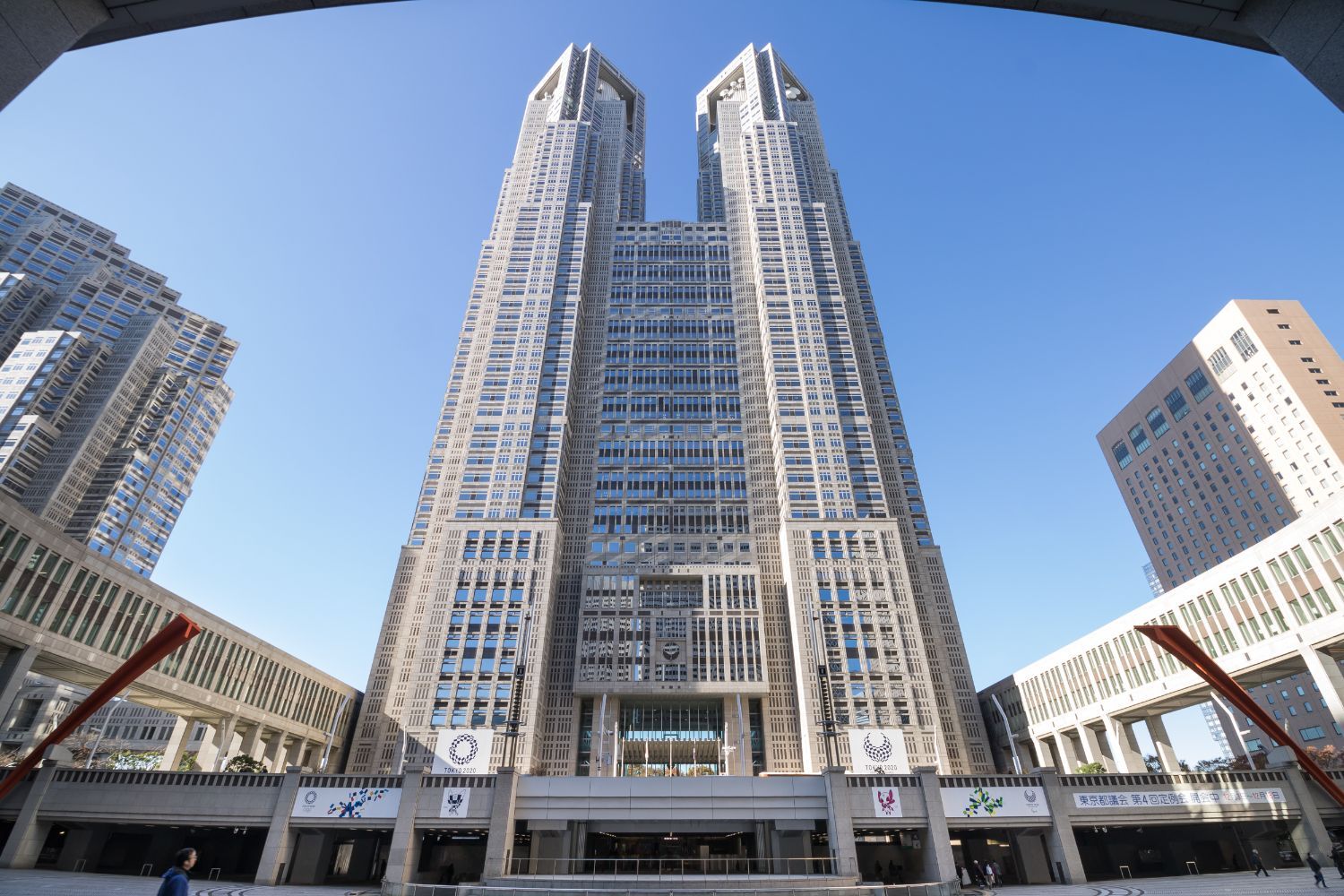 | EIA and Japan Tiger Elephant Fund sent a briefing to the Tokyo Metropolitan Government (TMG), appealing for action on ivory trade. Tokyo’s Governor has taken the initiative to address the city’s ivory trade and identify how to eliminate its contribution to illegal activity. However, TMG has also been paying subsidies to Tokyo’s leading ivory industry association to increase demand for ivory and encourage future international trade in ivory. | | | 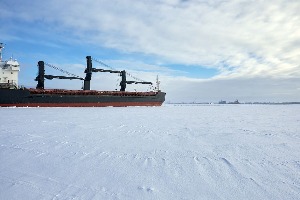 | On July 1st, the International Maritime Organization (IMO) implemented a long-awaited ban on the use and carriage of heavy fuel oil (HFO) by shipping companies throughout Arctic waters. EIA and partner organizations are now calling on IMO member states, particularly Arctic coastal countries, to fully implement and enforce the ban without resorting to loopholes. | | | | | | | | 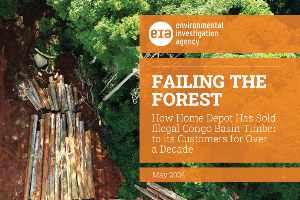 | EIA released the report Failing the Forest, with findings from eight years of EIA investigations into timber supply chains, connecting crimes in the Congo Basin forests to consumers in the U.S. According to EIA’s new research and analysis, Home Depot has sold illegal timber at a massive scale to its consumers for over a decade. As a response to EIA’s investigation, Home Depot dismantled the tainted supply chain and took broader measures aimed at limiting the company’s dependence on Asian opaque processing hubs, particularly in China. | | |  | A new EIA report details how cattle raised illegally in an indigenous territory in the Brazilian Amazon are laundered into the supply chains of meat and leather giant JBS. As the majority of Brazilian leather is exported, the report highlights the need for mandatory traceability and for consumer countries to stop importing goods that contribute to deforestation. While the EU has recently passed the EUDR to this effect, in the U.S., EIA continues to advocate for the passing of the FOREST Act, which would prohibit the imports of commodities linked to illegal deforestation. | | |  | IKEA's wood sourcing in Romania has come under renewed scrutiny due to reports of illegal logging and questionable supply chains. Romania's SUMAL traceability system played a key role in uncovering these issues, highlighting the need for similar transparent supply chain systems across Europe to ensure legal and sustainable timber sourcing. EIA also issued a list of recommendations for IKEA to improve its transparency and traceability. | | | | | | | | In a recent episode with EIA UK’s What on Earth podcast, EIA US Executive Director Alexander von Bismarck explains how global demand drives the environmental crimes that so many local communities are fighting against. As EIA celebrates its 40th Anniversary this year, he gives some personal insight on how the organization has changed over his tenure, as well as highlighting possible challenges EIA may face in the future. | | | | | | | | | |